Close arrow_back
- menu title
-
Custom Menu
add remove
-
Navigation
add remove
-
menu title
add remove
-
menu title
add remove
-
menu title
add remove
-
menu title
add remove
-
menu title
add remove
- menu title
-
Custom Menu
add remove
- Navigation add remove
-
menu title
add remove
-
menu title
add remove
-
menu title
add remove
-
menu title
add remove
-
menu title
add remove
IMDG Code, 2022 Edition (including Amendment 41-22)(2 volumes)
The International Maritime Dangerous Goods Code (IMDG Code) lays out the regulatory framework for all aspects of handling dangerous goods and marine pollutants in sea transport.
The IMDG Code is divided into two volumes: Volume 1 containing sections on general provisions, definitions and training; classification; packing and tank provisions; consignment procedures; construction and testing of packagings, IBCs, large packagings, portable tanks, MEGCs and road tank vehicles and transport operations, and Volume 2 containing the Dangerous Goods List, special provisions and exceptions, Appendix A (list of generic and N.O.S. proper shipping names), Appendix B (glossary of terms) and the Index.
Since it was first published in 1965, the Code has undergone many changes, in both format and content, in order to keep up with the rapid expansion of the shipping industry.
Amendment 41-22 includes revisions to various sections of the Code and to transport requirements for specific substances. It was adopted by the International Maritime Organization's Maritime Safety Committee at its one hundred and fifth session in April 2022 and is mandatory from 1 January 2024 but may be applied by Administrations in whole or in part on a voluntary basis from 1 January 2023.
The provisions of the Code should be of interest to maritime administrations, shipping companies, manufacturers, packers, shippers, feeder services such as road and rail, and port authorities.
The IMDG Code is divided into two volumes: Volume 1 containing sections on general provisions, definitions and training; classification; packing and tank provisions; consignment procedures; construction and testing of packagings, IBCs, large packagings, portable tanks, MEGCs and road tank vehicles and transport operations, and Volume 2 containing the Dangerous Goods List, special provisions and exceptions, Appendix A (list of generic and N.O.S. proper shipping names), Appendix B (glossary of terms) and the Index.
Since it was first published in 1965, the Code has undergone many changes, in both format and content, in order to keep up with the rapid expansion of the shipping industry.
Amendment 41-22 includes revisions to various sections of the Code and to transport requirements for specific substances. It was adopted by the International Maritime Organization's Maritime Safety Committee at its one hundred and fifth session in April 2022 and is mandatory from 1 January 2024 but may be applied by Administrations in whole or in part on a voluntary basis from 1 January 2023.
The provisions of the Code should be of interest to maritime administrations, shipping companies, manufacturers, packers, shippers, feeder services such as road and rail, and port authorities.
Podobne z kategorii
Availability: Out of stock
Port State control inspections contribute to ensuring that global
maritime standards are being implemented consistently on all ships. This
publication provides guidance for port State control officers on the
conduct of inspections to support harmonization in the way inspections
are carried out worldwide.
This edition includes amendments to the *Guidelines for investigations
and inspections carried out under MARPOL Annex II* (appendix 4), the
*Guidelines for control of operational requirements* (appendix 7) and
the *Guidelines for port State control under MARPOL Annex VI* (appendix
18).
Availability: 3 In Stock
The *Mission Coordination* volume assists personnel who plan and
coordinate SAR operations and exercises.
A new edition of the IAMSAR Manual is published every three years. The
2022 edition includes amendments, adopted by the International Civil
Aviation Organization (ICAO) and approved by the Maritime Safety
Committee of the International Maritime Organization (IMO) at its 103rd
session in May 2021 by means of MSC.1/Circ.1640, which become applicable
on 1 June 2022.
Availability: 1 In Stock
This publication presents engineering specifications for fire safety equipment and systems required by SOLAS chapter II-2 concerning:
- international shore connections
- personnel protection
- fire extinguishers
- fixed gas fire-extinguishing systems
- fixed foam fire-extinguishing systems
- fixed pressure water-spraying and water-mist fire-extinguishing systems
- automatic sprinkler, fire detection and fire alarm systems
- fixed fire detection and fire alarm systems
- sample extraction smoke detection systems
- low-location lighting systems
- fixed emergency fire pumps
- arrangement of means of escape
- fixed deck foam systems
- inert gas systems
- fixed hydrocarbon gas detection systems.
Availability: Out of stock
This Guide has been developed to consolidate existing IMO maritime
security-related material into an easily read companion guide to SOLAS
chapter XI-2 and the ISPS Code in order to assist States in promoting
maritime security through development in the requisite legal framework,
associated administrative practices, procedures and technical and human
resources.
It is intended both to assist SOLAS Contracting Governments in the
implementation, verification, compliance with, and enforcement of, the
provisions of SOLAS chapter XI-2 and the ISPS Code. It should also serve
as an aid and reference for those engaged in delivering capacity-
building activities in the field of maritime security.
This second edition of the Guide incorporates guidance approved by the
Maritime Safety Committee on the development of maritime security
legislation as well as maritime cyber risk management, and includes
updated sources for further information to support the implementation of
the ISPS Code.


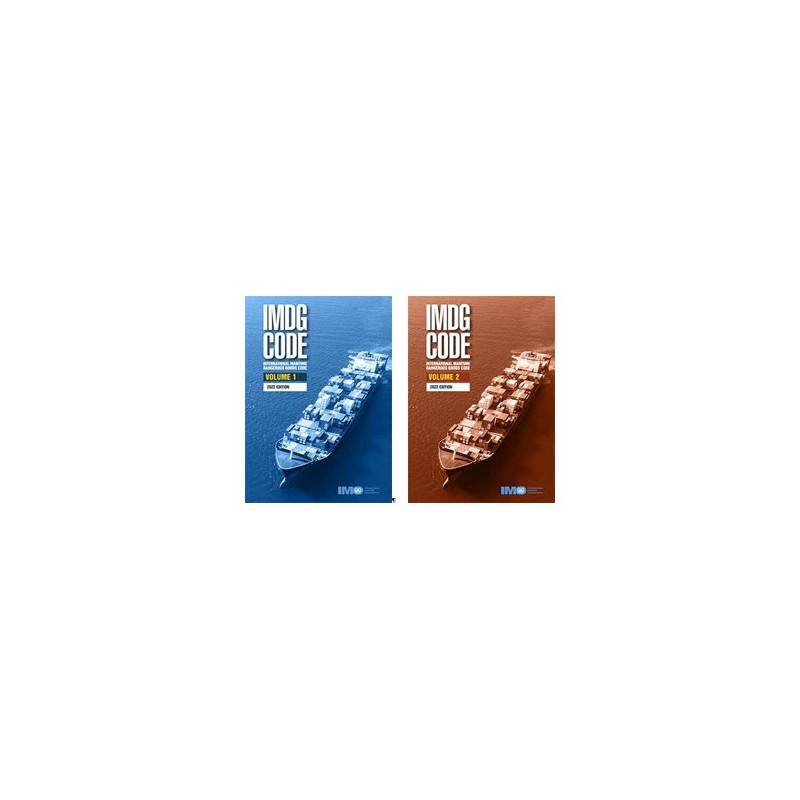

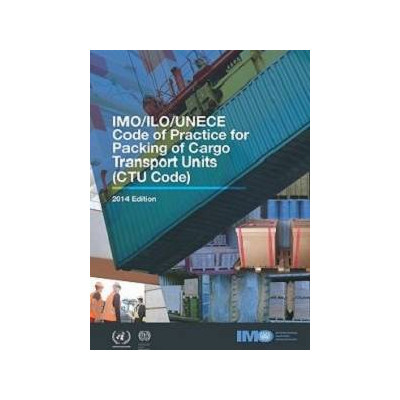
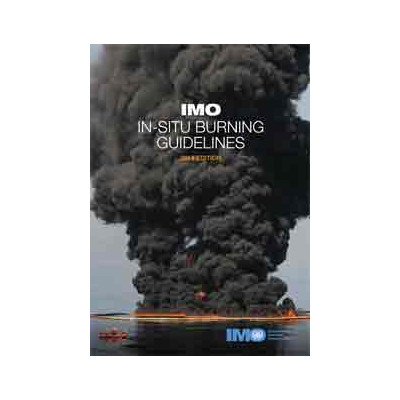
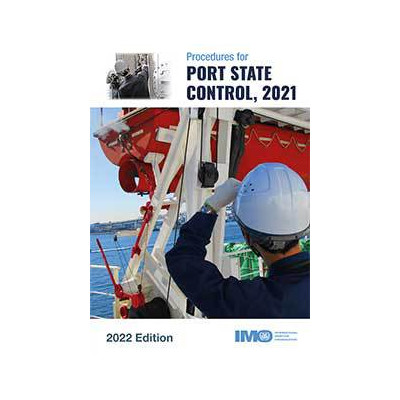
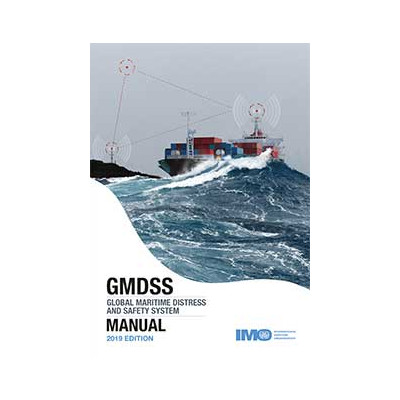
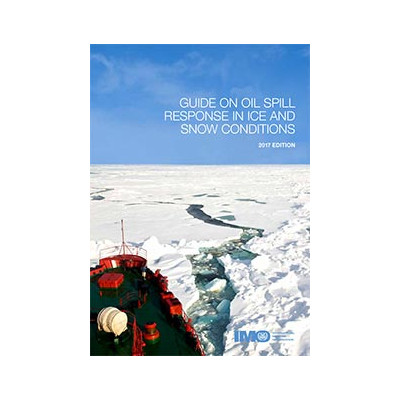
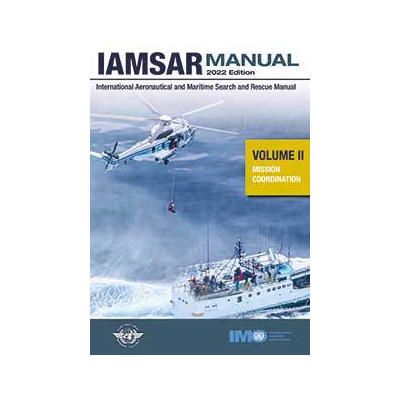
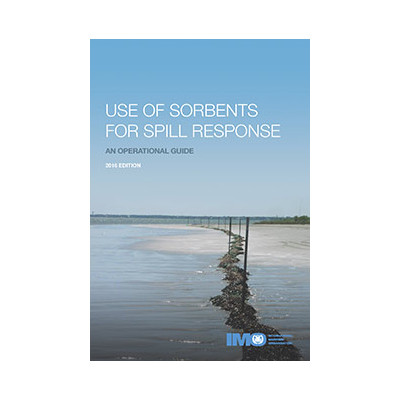
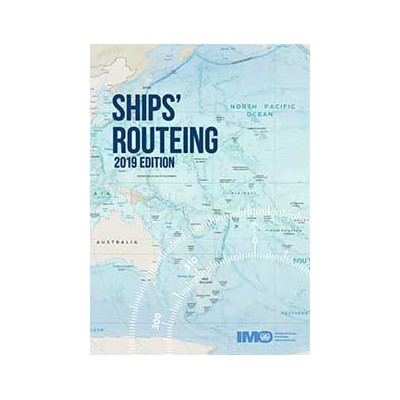
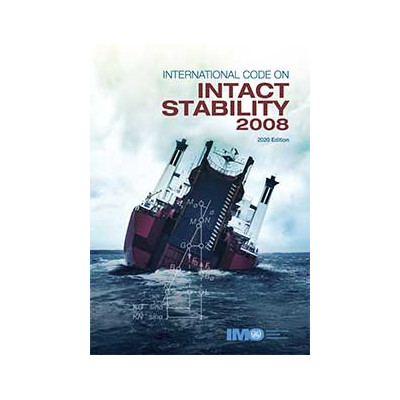
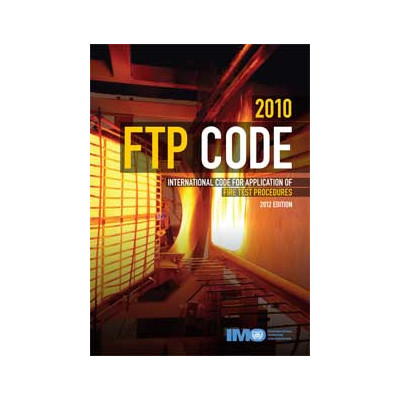
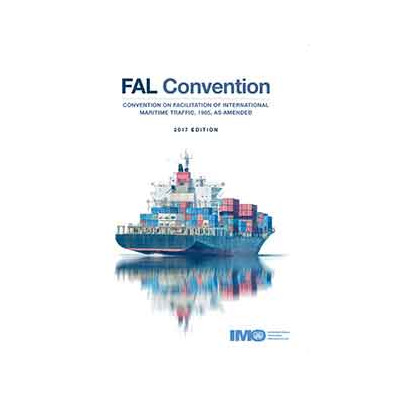
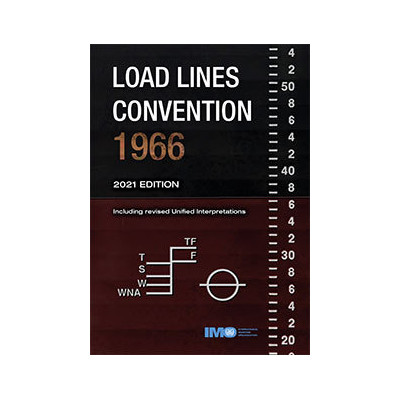
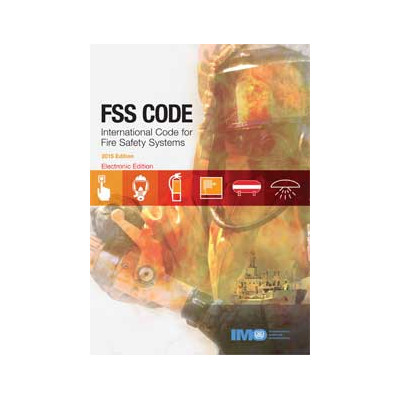
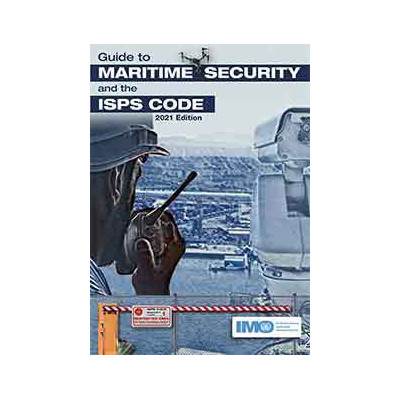
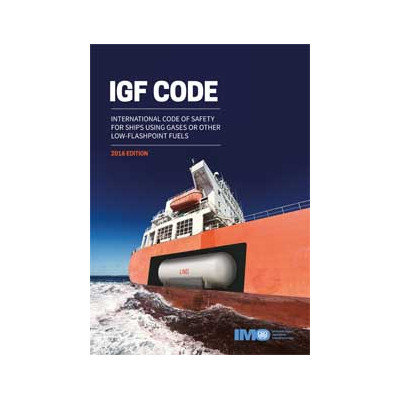
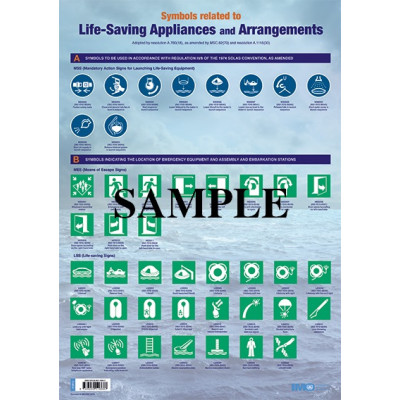
 Cookies
Cookies